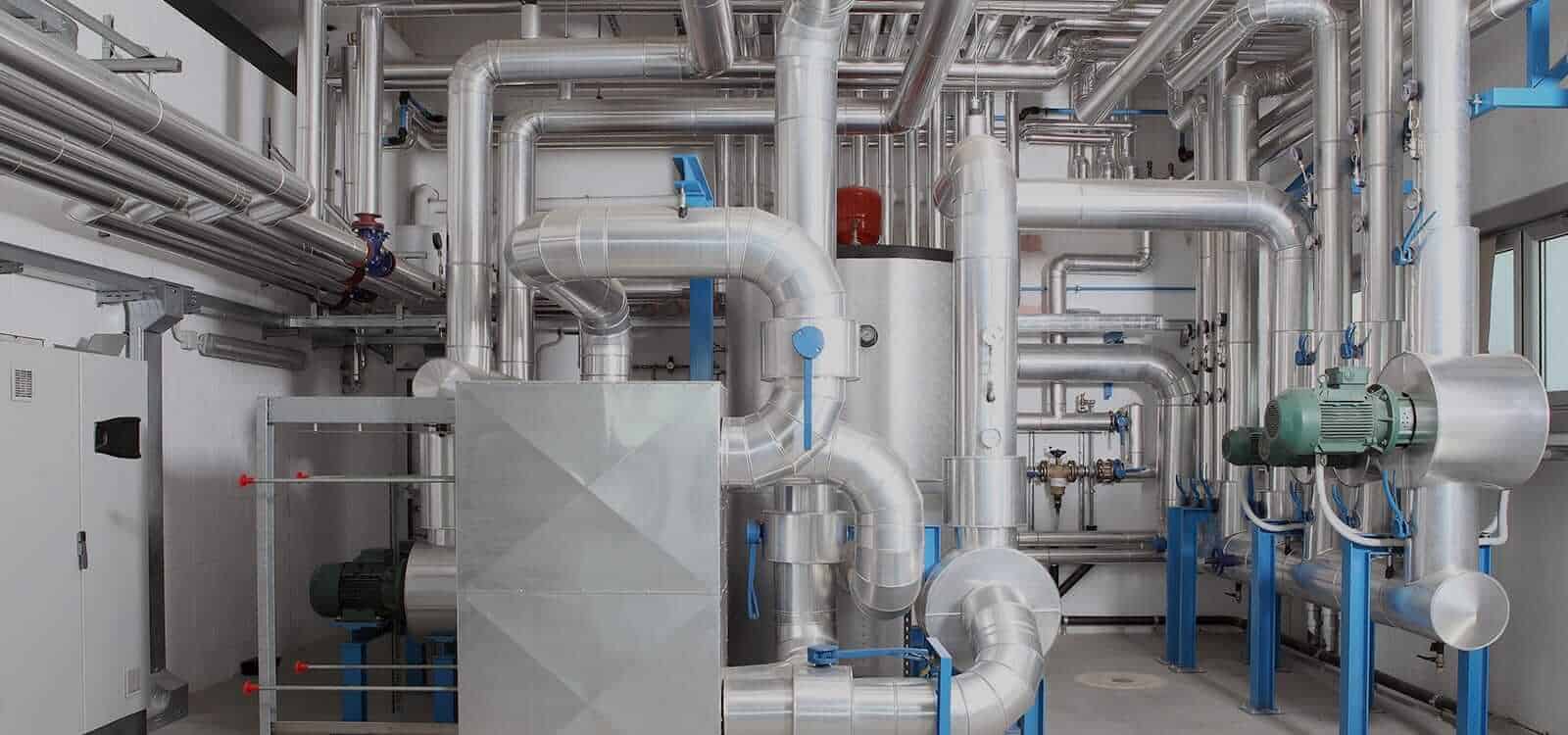When your HVAC system fails unexpectedly, it can be more than just an inconvenience—it can disrupt your daily life, especially during extreme weather conditions. Understanding what to do in such situations can help mitigate the discomfort and possibly prevent extensive damage to your system. Below, we explore practical steps to handle a sudden breakdown, along with insights into the average lifespan of HVAC systems, tips on maintenance, and how to decide when to call professionals like those at Airflow HVAC Service.
Step 1: Don’t Panic and Assess the Situation
The first step is to remain calm and quickly assess the situation. Check if the HVAC system has completely stopped working or if it is still running but not effectively cooling or heating your home. Sometimes, the issue might be as simple as a tripped circuit breaker or a wrongly set thermostat.
Step 2: Check the Thermostat
Many HVAC issues are actually thermostat issues. Ensure that your thermostat is set to the correct mode (heating or cooling) and that the temperature setting is where you expect it to be. If your thermostat is battery-operated, try replacing the batteries to see if this resolves the issue.
Step 3: Inspect the Circuit Breaker
If the thermostat isn’t the issue, the next easy check is your circuit breaker. Sometimes, HVAC systems can trip circuit breakers when they start up. Locate your electrical panel and check if the breaker for the HVAC system has tripped. If it has, reset it and check if your system begins to work.
Step 4: Examine Air Filters and Vents
A common cause of HVAC inefficiency and breakdown is clogged air filters. Homeowners should check their air filters every 30-60 days and replace them if they are dirty. Additionally, ensure that all vents and registers are open and not obstructed by furniture or curtains to facilitate proper airflow throughout your home.
Step 5: Evaluate the Outdoor Unit
Sometimes debris, such as leaves, dirt, or even snow, can block the exterior part of your HVAC system, reducing its efficiency or stopping it entirely. Make sure the area around your outdoor unit is clear of debris and the unit is not covered in ice or snow.
Step 6: Listen for Unusual Noises
Unusual noises, such as banging, whistling, or grinding, can be indicative of mechanical issues. Identifying these sounds early can prevent more significant damage. Note what the system was doing when the noise occurred and relay this information to a technician.
Step 7: Contact a Professional Service like Airflow HVAC Service
If after all these checks the issue persists, it’s time to call in professionals. Companies like Airflow HVAC Service have the expertise to diagnose and fix more complex problems that go beyond homeowner troubleshooting. It’s advisable to have a reliable service that you can call in emergencies.
Understanding the Lifespan and Maintenance of Your HVAC System
Lifespan of an HVAC System
The average lifespan of an HVAC system is around 15 to 25 years, although this can vary based on the brand, model, and maintenance history. Regular servicing can help extend the life of your system, and knowing the age of your HVAC system can provide insight into its expected efficiency and performance.
Average Age of HVAC Systems
Understanding the average age of HVAC systems can help homeowners prepare for potential replacements. If your system is near the 15-year mark, it’s wise to start planning for a new system rather than face the increasing repair costs and inefficiencies of an aging unit.
Importance of Regular Maintenance
Preventative maintenance is crucial to extend the lifespan of your HVAC system and ensure it operates at peak efficiency. This includes regular cleaning, timely replacement of filters, and professional inspections. Services like Airflow HVAC Service can provide comprehensive maintenance that adjusts all aspects of your system, from airflow optimization to electrical checks.
When to Replace Your HVAC System
Determining when to replace your HVAC system involves considering its current performance, the frequency of repairs, and potential savings from using a more energy-efficient model. If your energy bills have been rising or if your system requires frequent repairs, it might be more cost-effective to replace it.
Conclusion
Dealing with an unexpected HVAC breakdown can be stressful, but knowing the right steps to diagnose and potentially resolve simple issues can empower homeowners. Regular maintenance and understanding the signs of aging in your HVAC system can prevent sudden failures and help ensure comfortable, efficient home environments year-round. For complex issues, always rely on trusted professionals like Airflow HVAC Service to restore your system’s functionality safely and efficiently.











































